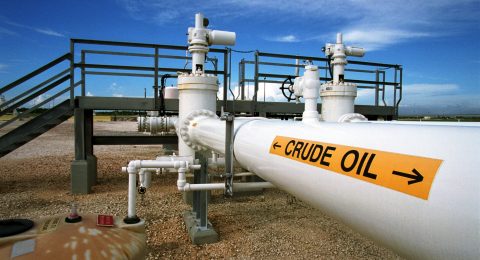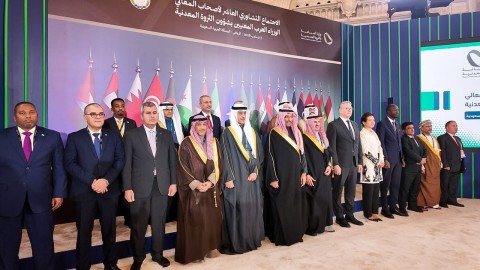The global oil market has witnessed first coordinated move in years to boost crude prices. Saudi Arabia and Russia, the world’s two largest crude-oil exporters, said they would halt production increases as long as other major producers followed suit. Saudi Arabia, Qatar, Kuwait, and Venezuela, all members of the Organization of the Petroleum Exporting Countries (OPEC), joined them in the production freeze, The Wall Street Journal reported.
“The reason we agreed to a potential freeze of production is simple: it is the beginning of a process which we will assess in the next few months and decide if we need other steps to stabilize and improve the market,” Saudi Oil Minister, Ali al-Naimi, told reporters about the agreement struck in Doha, wrote Reuters.
The reports initially sparked a rally in the commodity, but then reality set in. Indications that Iraq and Iran have no plans to slash production dampened hopes for a global reduction in oil output — and oil prices relinquished earlier gains, slipping into negative territory, according to USAToday.
Nonetheless, the pact marked a significant departure for Saudi Arabia and OPEC from their initially intransigent positions in oil price policies, after more than a year of letting oil prices fall to their lowest levels in more than a decade. The Saudi Kingdom and OPEC abandoned their traditional role of pulling back output when prices fall, reasoning that surging production elsewhere would fill the void.
A production freeze represented a compromise with Venezuela and others that have wanted an outright cut to bring supply back into line with demand.












